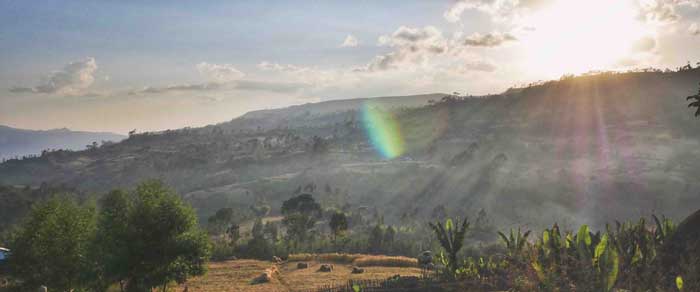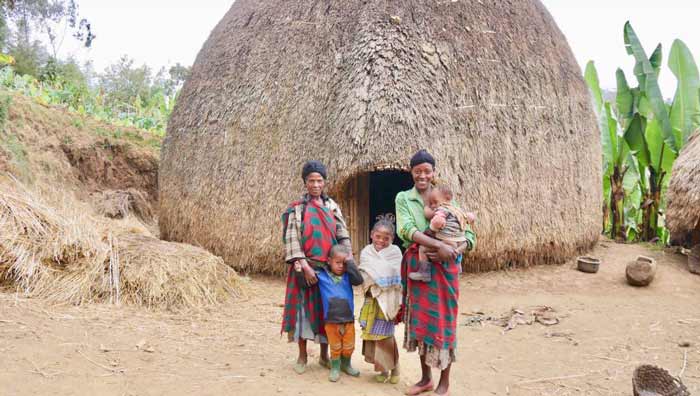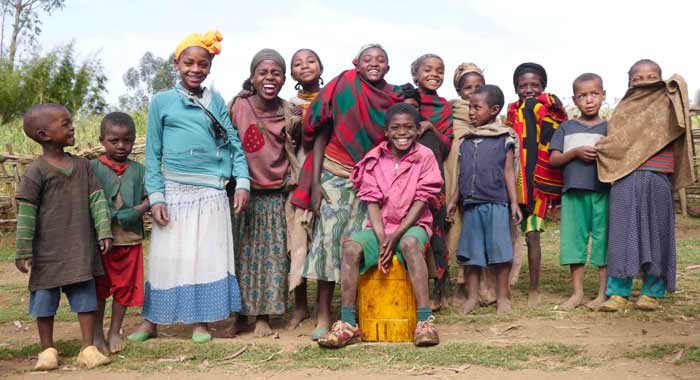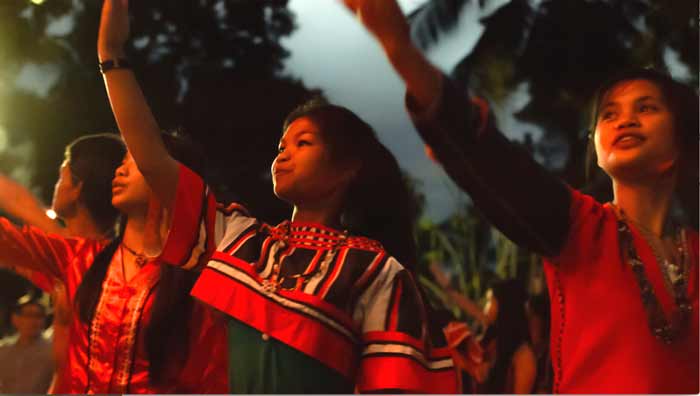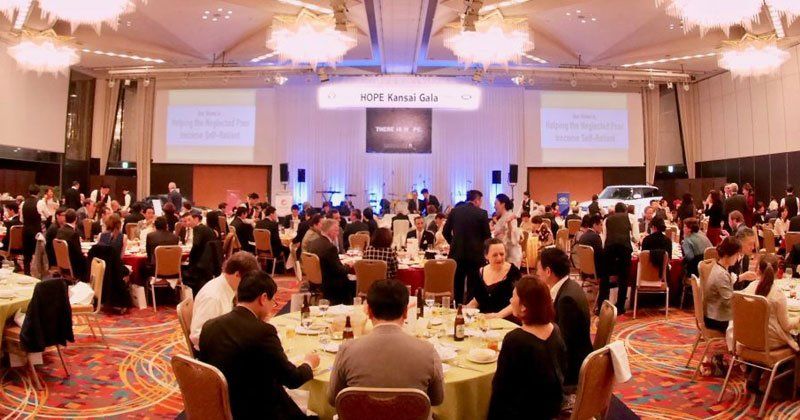Mother Tongues
" Languages, with their complex implications for identity, communication, social integration, education and development, are of strategic importance for people and planet. Yet, due to globalization processes, they are increasingly under threat, or disappearing altogether. When languages fade, so does the world's rich tapestry of cultural diversity. Opportunities, traditions, memory, unique modes of thinking and expression - valuable resources for ensuring a better future - are also lost.
More than 50 per cent of the approximately 7,000 languages spoken in the world are likely to die out within a few generations, and 96 per cent of these languages are spoken by a mere 4 per cent of the world’s population. Only a few hundred languages have genuinely been given pride of place in education systems and the public domain, and less than a hundred are used in the digital world.
International Mother Language Day
has been observed every year since February 2000 to promote linguistic and cultural diversity and multilingualism.
"
There are an estimated 80 different tribes in Ethiopia, each upholding their own languages and customs. In the Philippines, there are an estimated 110 Indigenous tribes, and they too can be differentiated by their languages, costume and cultural characteristics. But many of these languages and cultures are in danger of vanishing. Poverty also tends to prevail in these rural/ tribal areas, and as HOPE works with these communities, we must also take care to help them access sustainable development in a culturally sensitive manner. Good communication becomes integral, and this is one of the reasons why the actual implementers of projects are not us in Japan or Canada, but local staff who speak the language and understand the culture.
Southern Ethiopia - Kuta
Amhara is the official language utilized by the Ethiopian government, but in Kuta, Southern Ethiopia, where we are currently implementing a large scale clean water and sanitation project for close to 5000 people, the locals speak Gamo language. In fact, the majority only speak Gamo.
Recently, school text books have also been made available in Gamo and children are now learning how to read and write in it. Nevertheless, literacy rates are still low, especially among women, and only 1 - 2 out of 20 can read. As a result, for the health and sanitation training component of our project, it is essential that trainers speak Gamo.
Furthermore, HOPE staff always stay in the village for the duration of the project, in order to further understand the life and culture of the people. It is by speaking their language, working together and understanding the situation from their point of view that we can bring development benefits without forcing our mindsets and cultures upon them.
The Philippines
To address the problem of rapidly vanishing Indigenous Cultures, the Pamulaan Center - our partner in the Philippines - endeavours to provide Indigenous Youth with access to higher education that is also culturally sensitive. While working towards earning their university degrees, students are also strongly encouraged to take pride in their heritage and learn and share their languages and customs.
For many students, to hear that their mother tongue, appearance and customs are beautiful and interesting, is a first. Due to the marginalization that many faced in other circumstances, youth are often discouraged from learning their mother tongues, and as elders are unable to pass on tribal stories and traditions, cultures fade and are lost forever.
Thanks to efforts from initiatives such as the Pamulaan Center, however, more youth are keen to preserve their cultures and learn what they can. At the centre, students not only learn their own traditions, but that of others as well. They are, in their own right, excellent anthropologists. And as they graduate with degrees that can be officially recognised by the globe, all go back to their villages for 2 years of community service, implementing sustainable development programs and sharing their knowledge with their tribes in their mother tongues.

